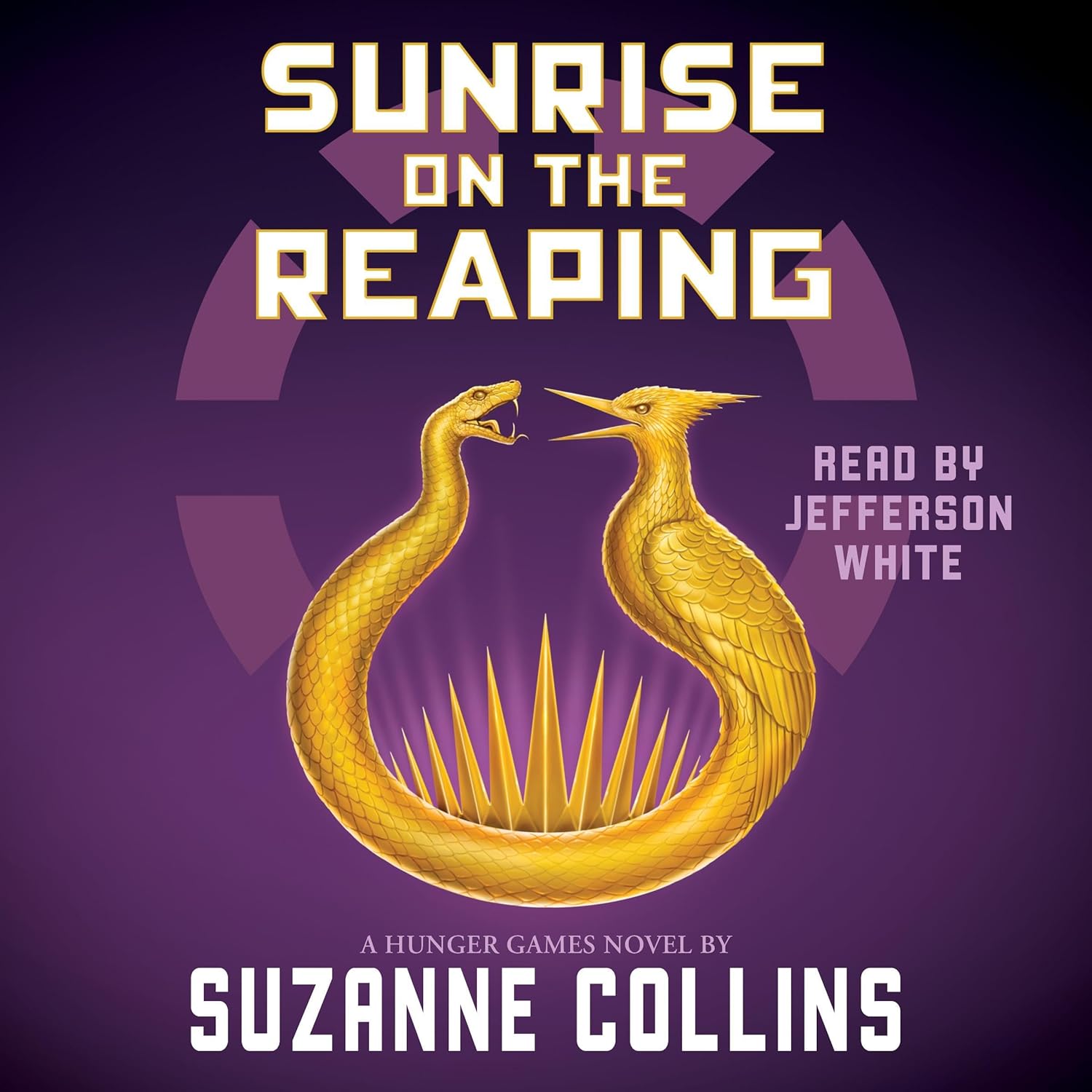[toc]
the hunger games survival compassion and connection
Sunrise on the Reaping (A Hunger Games Novel) (The Hunger Games)
Page 303 Review
The Hunger Games: A Critical Analysis of Compassion and Survival
In this gripping excerpt from “The Hunger Games,” we witness the protagonist grappling with both the brutal reality of the arena and the stirrings of unexpected compassion.
The passage offers a powerful glimpse into the psychological toll of the Games and the blurred lines between predator and prey.
The Weight of Responsibility
The opening lines immediately plunge us into the protagonist’s mental state: “Focus, I tell myself, and struggle through the brain fog.
I remember that all four of the kids from 9 are dead.” This highlights the crushing weight of responsibility she feels, knowing that every decision carries life-or-death consequences.
The ‘brain fog’ suggests a disassociation, a coping mechanism against the overwhelming trauma.
The mention of Ampert and the sunflowers introduces a crucial element of survival: “Did Ampert manage to scavenge a sunflower before the hovercraft collected their bodies?
If he didn’t, what could we possibly do?
We’re useless without those explosives.
Maybe even with them, but certainly without them.” This demonstrates the strategic thinking required to survive, where even the smallest detail can determine success or failure.
The reliance on the sunflowers, presumably for explosives, underscores the theme of resourcefulness in a hostile environment.
Darkness and Despair
The stark simplicity of “The sky goes dark.
Show’s over.
I crawl back to my hammock, wrap my arms around my backpack, and shiver myself to sleep,” effectively conveys the isolation and vulnerability of the protagonist.
The end of the ‘show’ is not a moment of relief, but rather a descent into deeper despair.
The physical act of huddling in her hammock emphasizes her need for protection and comfort in the face of constant danger.
An Unlikely Connection
The encounter with the bunny marks a turning point in the passage: “When I wake late in the morning, I find myself staring into a pair of limpid green eyes.
One of the gray bunnies has taken cover in the brambles and has hunkered down a few feet from me.” This creates a moment of unexpected connection amidst the brutality of the Games.
The bunny, initially perceived as a potential threat, becomes a symbol of vulnerability and shared fear.
The protagonist’s internal monologue reveals a growing sense of empathy: “Maybe it’s just a normal rabbit that got thrown into this creepy place and feels as frightened as I do.
It could be accustomed to human keepers and found me because it’s hungry and has figured out all the plants and grass and everything are as poisonous as the water.” This projection of her own feelings onto the bunny demonstrates a deep-seated need for companionship and a recognition of shared suffering.
The act of sharing the apple further solidifies this connection: “I take out an apple, bite off a small piece, and gingerly set it in front of my new friend.
After a bit, it scoots forward, wiggles its nose, and begins to nibble.
I realize this is a way to double-check if the apples in my pack are toxic, which makes me feel kind of lousy since I sort of owe the rabbits.” This reveals a complex interplay of altruism and self-preservation.
While the act of sharing appears benevolent, it is also tinged with pragmatism.
The Question of Sentience
The final lines of the excerpt explore the protagonist’s growing conviction that the bunnies possess a higher level of sentience: “The one that woke me up at my plate, the one that sacrificed its life at the stream to warn me.
Wait, am I saying it knew the water was poisonous and chose to protect me?
That this bunny here would do the same?
Okay, okay, I know I’m over-crediting the bunnies.
But…” This internal debate raises profound questions about the nature of consciousness and the interconnectedness of all living beings.
The protagonist acknowledges the possibility of ‘over-crediting’ the bunnies, yet she cannot dismiss the possibility that they acted out of altruism.
This willingness to entertain the notion of animal sentience challenges the dehumanizing forces at play in the Hunger Games.
In conclusion, this excerpt masterfully portrays the psychological and emotional complexities of survival in a brutal environment.
Through vivid imagery and compelling internal monologue, it explores themes of responsibility, compassion, and the enduring power of human connection, even in the face of overwhelming adversity.
The unexpected bond with the bunny offers a glimmer of hope and a reminder of the importance of empathy in a world consumed by violence.
Buy full ebook for only $15: https://www.lulu.com/shop/suzanne-collins/sunrise-on-the-reaping-a-hunger-games-novel-the-hunger-games/ebook/product-e7496ww.html?page=1&pageSize=4
The Hunger Games Survival Compassion And Connection
Read more: Naughty Rascal: Humor & Chaos in Performance Planning

